


 |
| Contact Info: Rhodes University Trust USA Donovan Neale-May |
Get active in South African Business Link to Experts

Funding Needs
HA Rhodes University Student Debt Relief Fundraising Campaign Rhodes University Student Debt: R321 million; National Student Debt: R17 billion Mounting student debt is a severe concern that affects millions of young graduates and students in South Africa. Despite the best efforts by the National Students Financial Aid Scheme (NSFAS) to provide students with financial assistance, student debt has exceeded R17 billion. Rhodes University students account for R321 million of this total. Student loans have been found to have long-lasting adverse effects on graduates' financial well-being, hindering their ability to save, invest, and contribute to the economy. "Unlocking Futures" is about a collective intervention to drive debt relief efforts at Rhodes University. As Rhodes celebrates its 120th anniversary in 2024, the university is focused on two broad categories of students who fall outside of the NSFAS funding threshold:
More to follow on this new fundraising initiative Old Rhodians can support in 2024.
How Rhodes University is Uplifting Civic + Socio-Economic Conditions in its South African Rural Setting The “Princeton of higher learning in South Africa” is on a mission to innovate a new “active agent” community outreach and partnering model that is raising the bar on how enlightened universities apply their resources and talents to the betterment and well-being of disadvantaged local constituents and municipalities in developing countries. A critical mandate for Rhodes, one of Africa’s elite research institutions with over 8,000 students (many post-graduate), is the upgrading of vital public service delivery to long-suffering, hometown residents in Grahamstown (recently renamed Makhanda). Among the needs are reliable power, clean water, road repair, better healthcare, wider education, improved fiscal administration, economic development, crime prevention, housing, digital skills development, transparent civic governance, and job creation. By collaborating with community stakeholders and mobilizing students, faculty, alumni, donors, and the private sector, Rhodes is seeking to address and overcome the problems of this challenged and bankrupted municipality. While considered a base of academic excellence with many of South Africa’s foremost private schools, this town of 70,000 in the hinterland of the Eastern Province has a large, disadvantaged population and one of the worst cases of mismanagement, poverty, unemployment, educational failure, economic stagnation and public service delivery in the country. What makes Rhodes University stand out?
Resources that are being mobilized and applied include:
Rhodes University Fundraising Priorities (download PDF) Fundraising For Life Science And School Of Languages Projects There are significant opportunities for Old Rhodians to assist two major fundraising projects in the fields of life science and languages. Both will significantly elevate the role played by the university in the advancement of South Africa's global competitiveness in life science innovation and the improvement of multilingualism and cross-cultural understanding across the African continent: Life Science Leadership & New Facilities
Much of the challenges facing humankind have changed in the last few decades and have impelled Rhodes to engage in research that is more relevant and will offer workable, low-cost and effective solutions to the various environmental, health and other issues affecting us as members of the global community. Rhodes research activities are now dedicated to responsible and sustainable development, in an effort to be one of the world's top knowledge producers. Currently, the Science Faculty houses the first ever DST/Mintek-NIC sensors Innovation center on the continent, as well as three other NRF/DST SARChi Chairs. In recent years, the Rhodes life science departments have attracted increasing numbers of talented young researchers. Newer areas of study such as Bioinformatics have been developed, especially in applied research and growth of biotechnology at the post- graduate level. Another exciting and important initiative is the development of an MSc in Forensic Evidence, which is an inter-faculty collaboration that builds on the strengths of Entomology, Commerce and Law. While the Rhodes research expertise has kept up with relevant issues, its existing facilities can no longer support this rate of growth or deliver the level in interdisciplinary scientific interaction that the research programs demand. It has become necessary to construct a state-of-the-art Life Sciences hub that will provide collaborative interdisciplinary simulations spaces that will help prepare students to work in an ever more complex research environment, underpinning South Africa's move towards a more knowledge-based economy. Such a new space will also offer an inter-disciplinary collaborative facility that will provide an ideal environment for students to conduct relevant research, which will increase the country's competitiveness in science and innovation, under the supervision of several A-rated scientists. The complex will also provide for revitalized teaching spaces that will use the latest technology and can support hands-on activities, as well as promoting innovation and outreach to serve the wider community. The 2011-2013 Rhodes enrolment plan approved by the Department of Higher Education and Training prioritizes growth at the postgraduate level, especially in sciences. To this end the Department has made available R178.09 million for the construction of a new Life Sciences building. Additional funding is being sought to cover the R20 million still needed to complete the project. Download(PDF)
World-Class School of Languages
The Ministry of Higher Education and Training in their Language Policy for Higher Education (November 2002) recognizes that a key and necessary priority for South Africa is a knowledgeable and highly skilled graduate that is well equipped not only to respond to societal needs but to actively contribute to the social and economic development of our culturally and linguistically diverse country. The School of languages places particular emphasis on the development and provision of appropriate teaching programs and support materials for the development of academic literacy amongst students who have English as an additional language. The total cost of the new School of Languages building is expected to be R55.32 million, including construction, furniture & and equipment. A substantial funding commitment of R49.788 million has been made by the Department of Higher Education and Training. The balance will need to be raised through foundation grants, private sector sponsorship or alumni donations. Download(PDF)
|
|

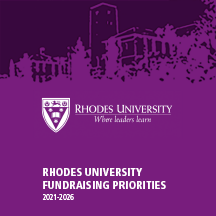
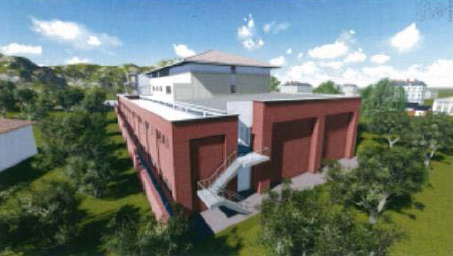 Rhodes University has a strong reputation for undertaking advanced and relevant life science programs, based on an interdisciplinary approach to education that values scholarship, research and development, and service opportunities. Since its inception, the Science Faculty has managed to provide an outstanding educational experience for students, even as facilities have aged.
Rhodes University has a strong reputation for undertaking advanced and relevant life science programs, based on an interdisciplinary approach to education that values scholarship, research and development, and service opportunities. Since its inception, the Science Faculty has managed to provide an outstanding educational experience for students, even as facilities have aged.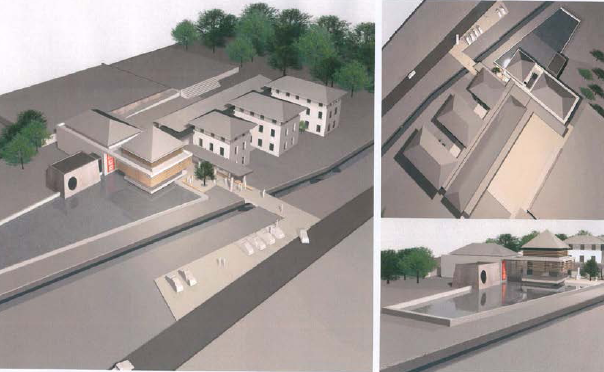 The vision for the School of Languages is to become the leading School of Languages on the African Continent. In particular, this will relate to the teaching of African languages and the promotion of Multilingualism. There will also be an emphasis on globalization and the place of particularly African Languages within a globalizing context.
The vision for the School of Languages is to become the leading School of Languages on the African Continent. In particular, this will relate to the teaching of African languages and the promotion of Multilingualism. There will also be an emphasis on globalization and the place of particularly African Languages within a globalizing context.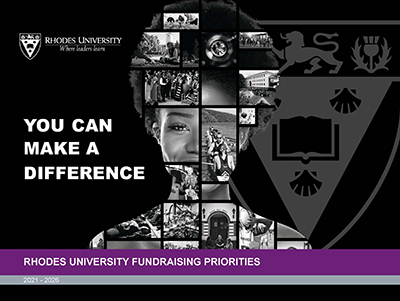
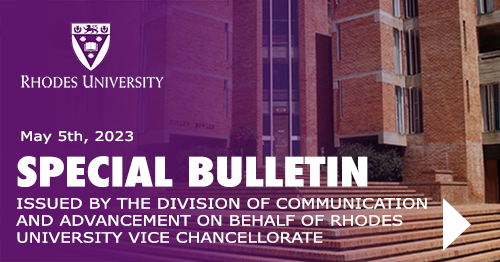
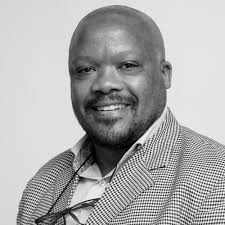
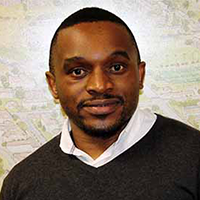
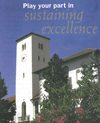 Download brochure to learn more and make your contribution.
Download brochure to learn more and make your contribution.